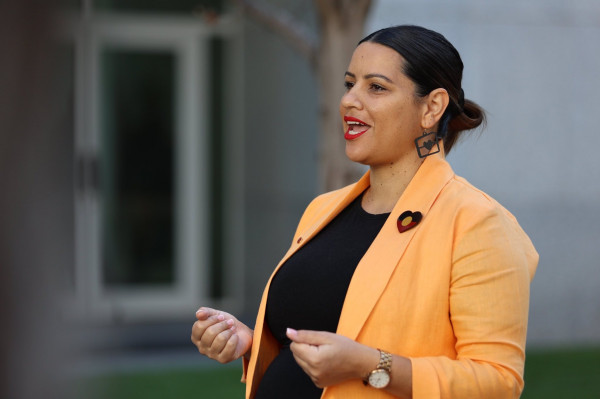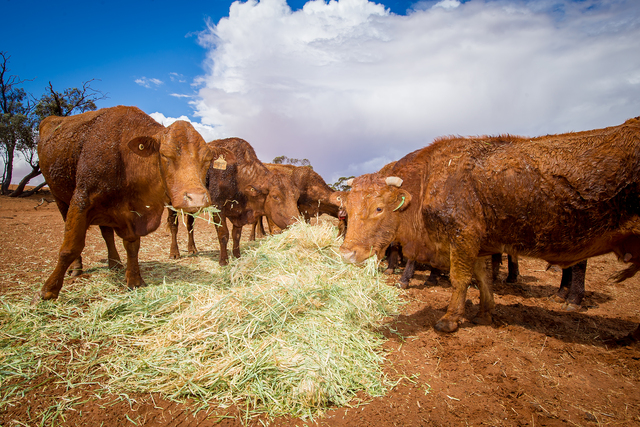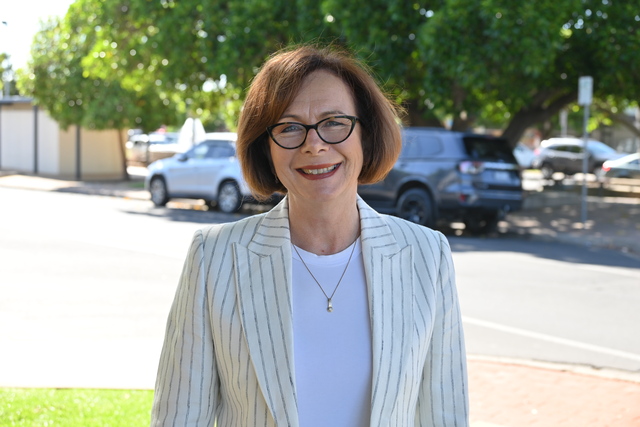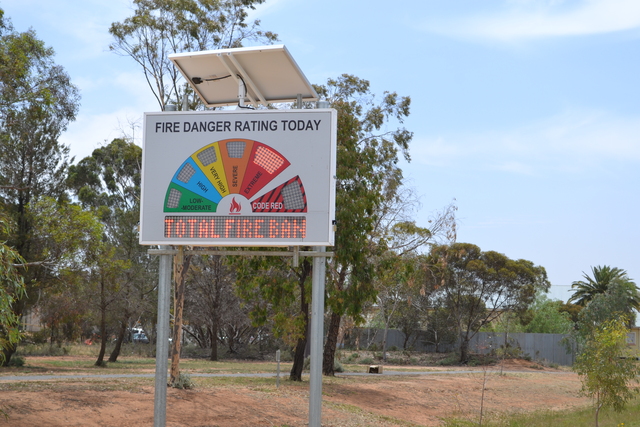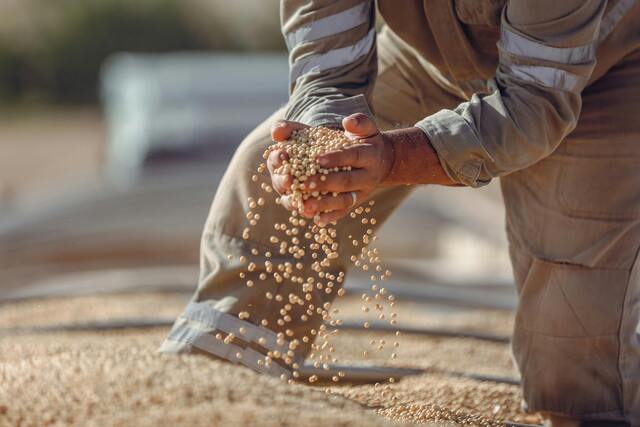DIFFERENT views are being put to Mallee voters about whether the Voice will be effective in closing the gap in outcomes for Indigenous people.
Pamphlets were released this week detailing the “yes” and “no” cases, which will be sent to voters before the referendum later this year.
Member for Mallee Anne Webster, who has backed the no campaign, said the Voice didn’t have strong support in her electorate.
“The people of Mallee care about closing the gap for Indigenous health, education and life outcomes, but they’re simply not convinced that the Voice will fix any of those issues,” Dr Webster said.
Labor senator Jana Stewart, a Mutthi Mutthi and Wamba Wamba woman who grew up in Swan Hill, said she was confident regional Victorians would make up their own mind without political commentary.
“The people of Mallee will form their own views about the Voice and not be guided by those who try to divide us,” Ms Stewart said.
The no pamphlet listed 10 reasons to vote no, many of which were echoed by Dr Webster this week.
She referenced a 2017 Productivity Commission report, which estimated per-person federal expenditure on Indigenous people in 2015-16 was more than double that of all other Australians.
The report also reflected the greater intensity of service use (63.7 per cent) and higher cost of service provision (36.3 per cent) for Indigenous Australians was because of factors including need, age, remoteness and targeted services.
The yes pamphlet listed eight reasons to vote yes, including that the idea came from Indigenous people and listening directly to them would save money.
“There have been countless attempts at closing the gap, and they haven’t worked to date,” Ms Stewart said.
“Countless committees, organisations, election promises, budget announcements and well-meaning initiatives. And yet Indigenous Australians are still not equal in this country, in fact we are far from it.
“The current approach is broken, and the Voice is our best chance to fix it.”
Dr Webster evoked the “spirit of the campaign” that led to the successful 1967 referendum on Indigenous Australians.
She quoted campaigner Faith Bandler, of South Sea Islander and Scottish-Indian heritage, who said Aboriginals no longer wanted to “feel a race apart in the land of their birth”.
Before 1967 Indigenous Australians were not counted in the Census.
“We need to rekindle the spirit of political equality … so powerfully evoked years ago,” Dr Webster said.
“This is what most Australians believe, it is consistent with Australian values.”
She said Indigenous people made up almost 5 per cent of federal MPs, yet were 3.8 per cent of the broader population.
“The Voice would establish an estimated further 24 Indigenous representatives to speak to government about policy concerns,” she said.
“The diverse groups of Indigenous people are concerned about who would be picked to be their Voice, given there are hundreds of estimated people groups. Will the Voice representatives speak for all Indigenous people groups, or just the most powerful, influential or metropolitan-based chosen few?”
Senator Stewart said the Voice was an opportunity for a better future for all Australians.
“I hope the people of Mallee can find time to read the pamphlet … it sets out clearly that the Voice is about recognising the oldest continuing culture in the world and listening to First Nations Australians to get better outcomes,” Senator Stewart said.
“People in the Mallee have big hearts so I know this is something they can get behind.”
Dr Webster said the Voice was a “step towards co-government and co-sovereignty”, claiming that was “the ambition of at least some of the Aboriginal and Torres Strait Islander leadership class”.
Senator Stewart said the referendum was a once-in-a-generation opportunity.
“At the 1967 referendum, 90 per cent of Australians voted yes to changing the Constitution … it was a unifying moment for the nation,” she said.
“Together, we have a chance to take the next step.”

